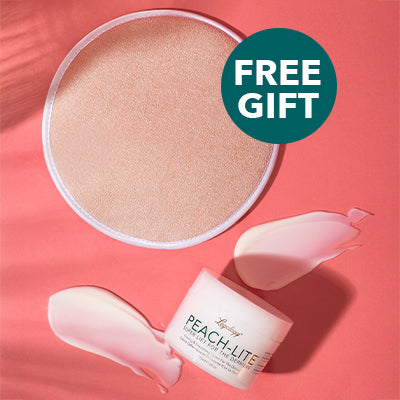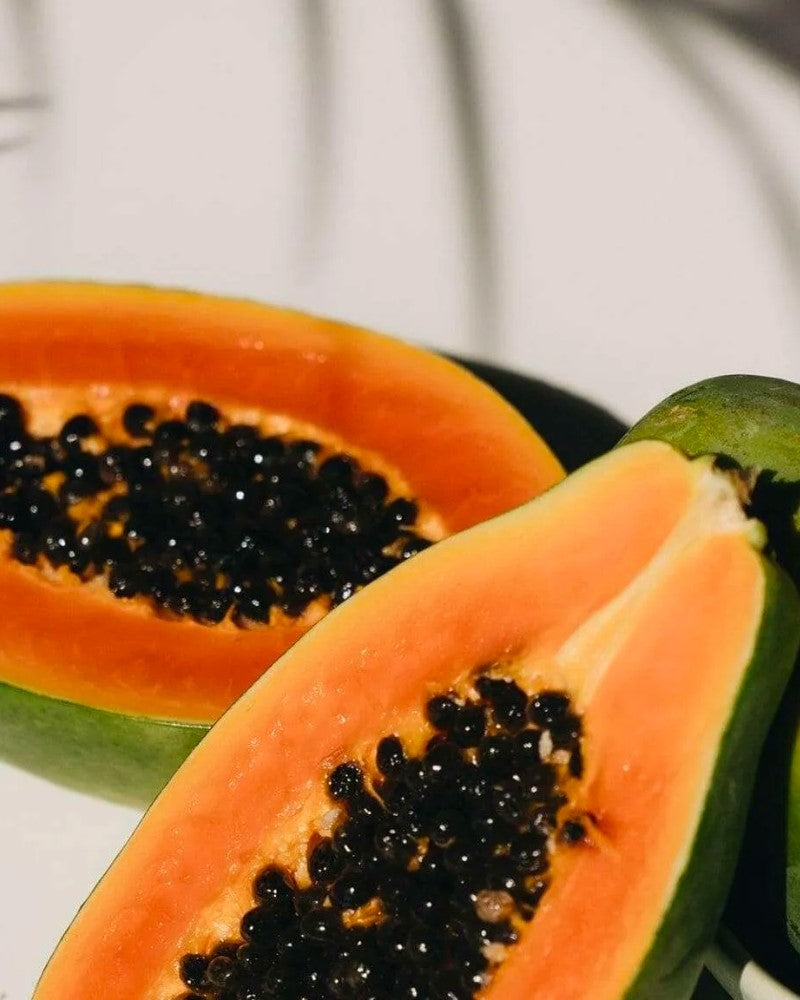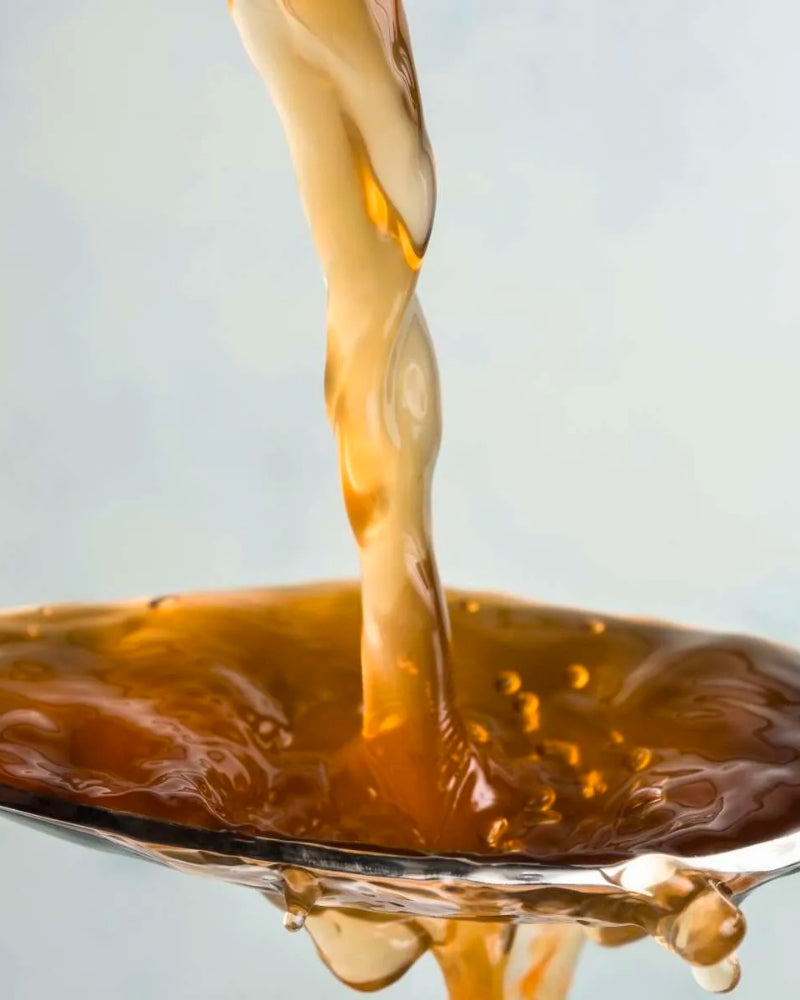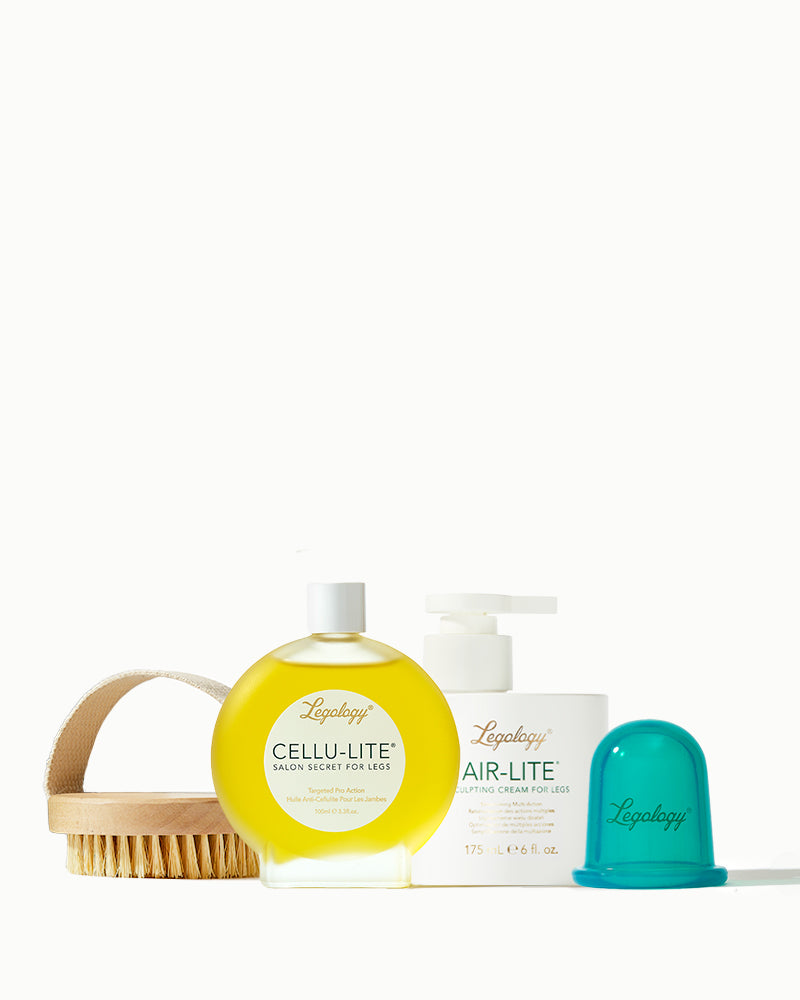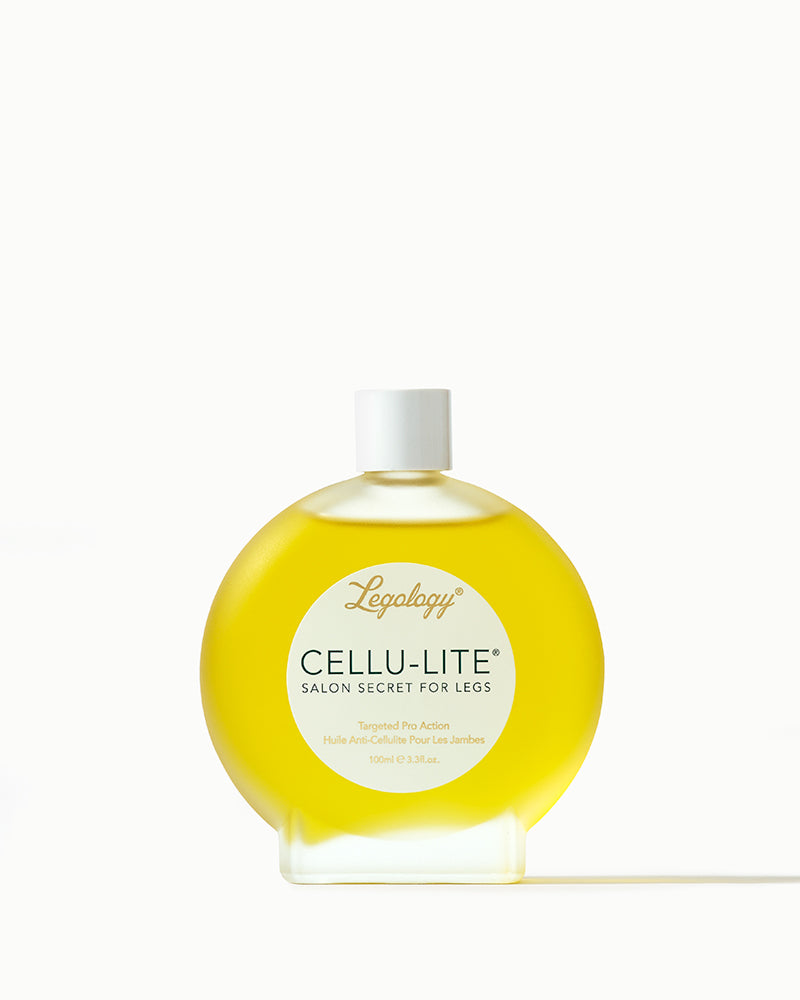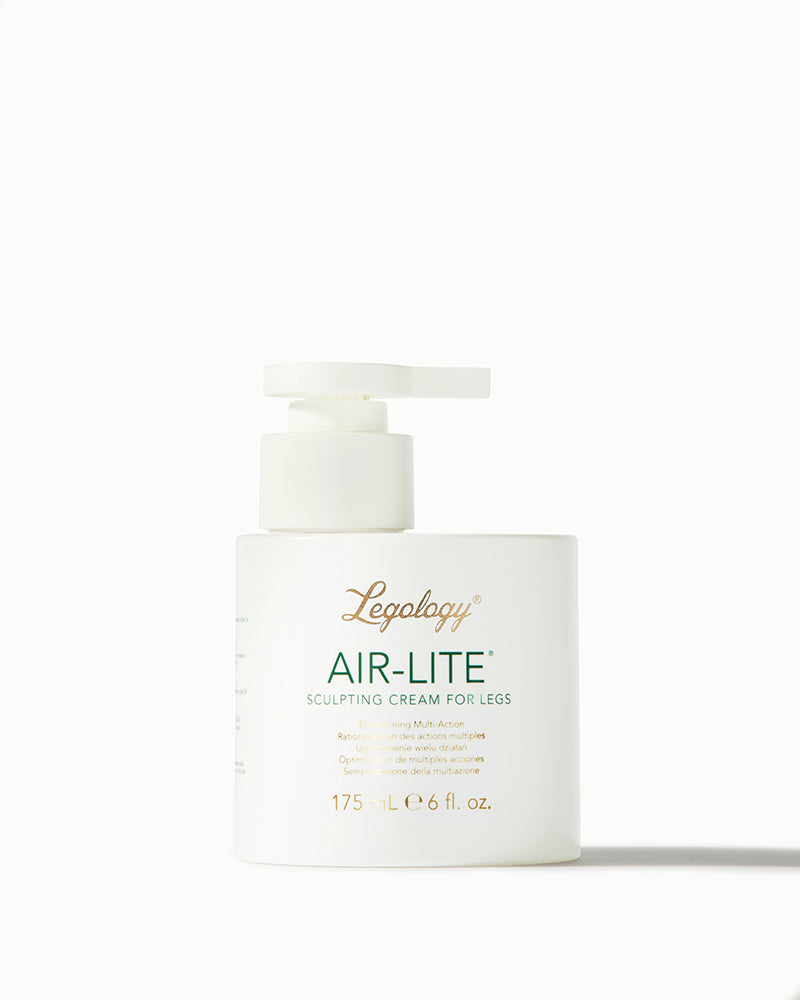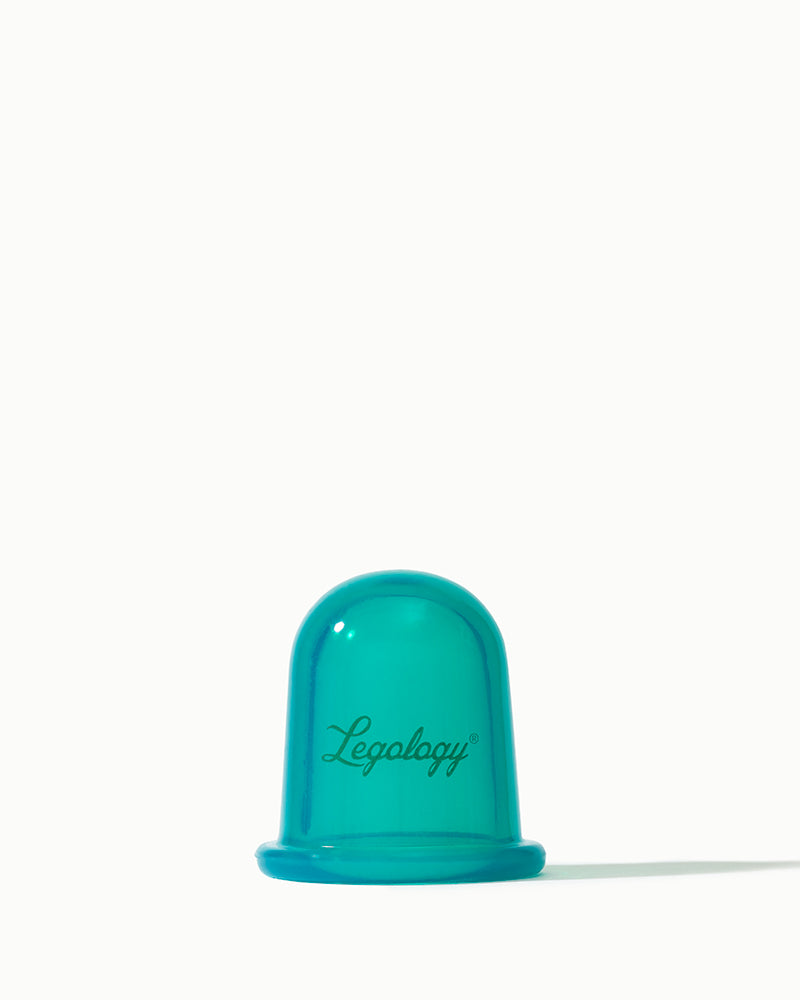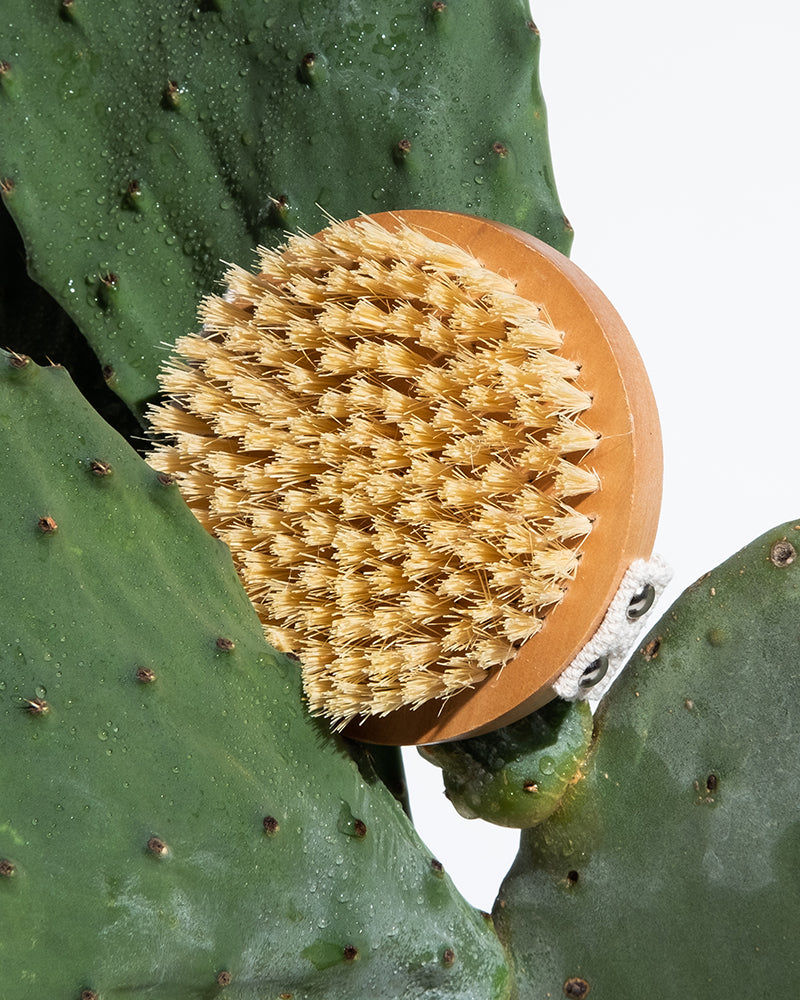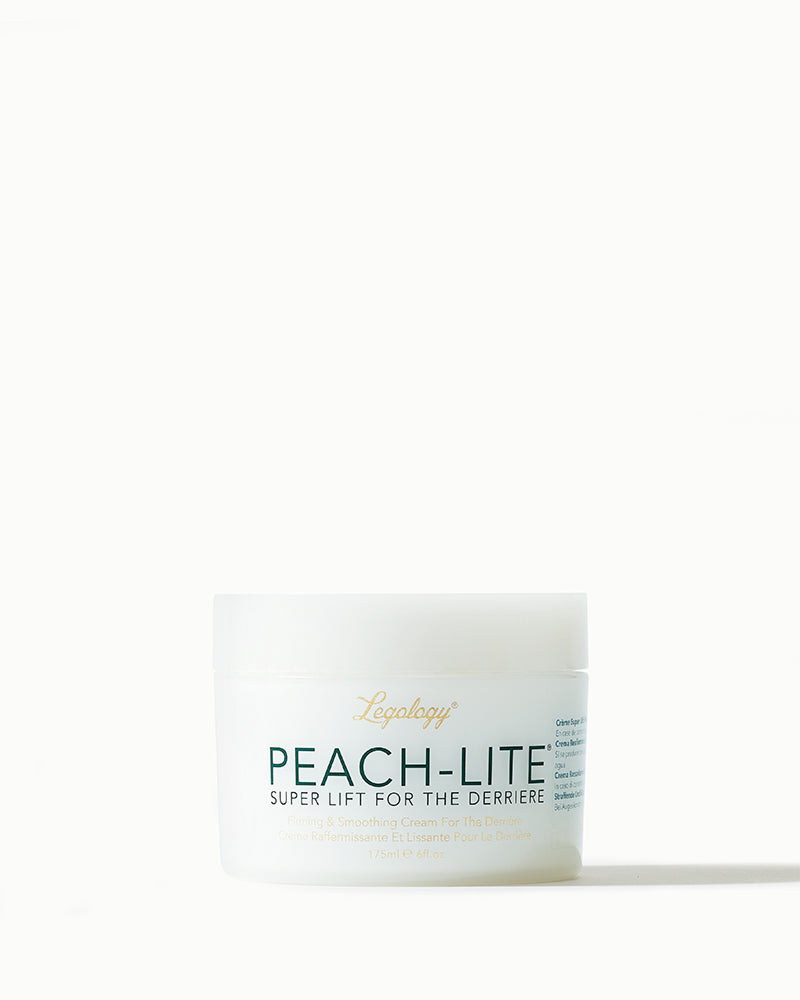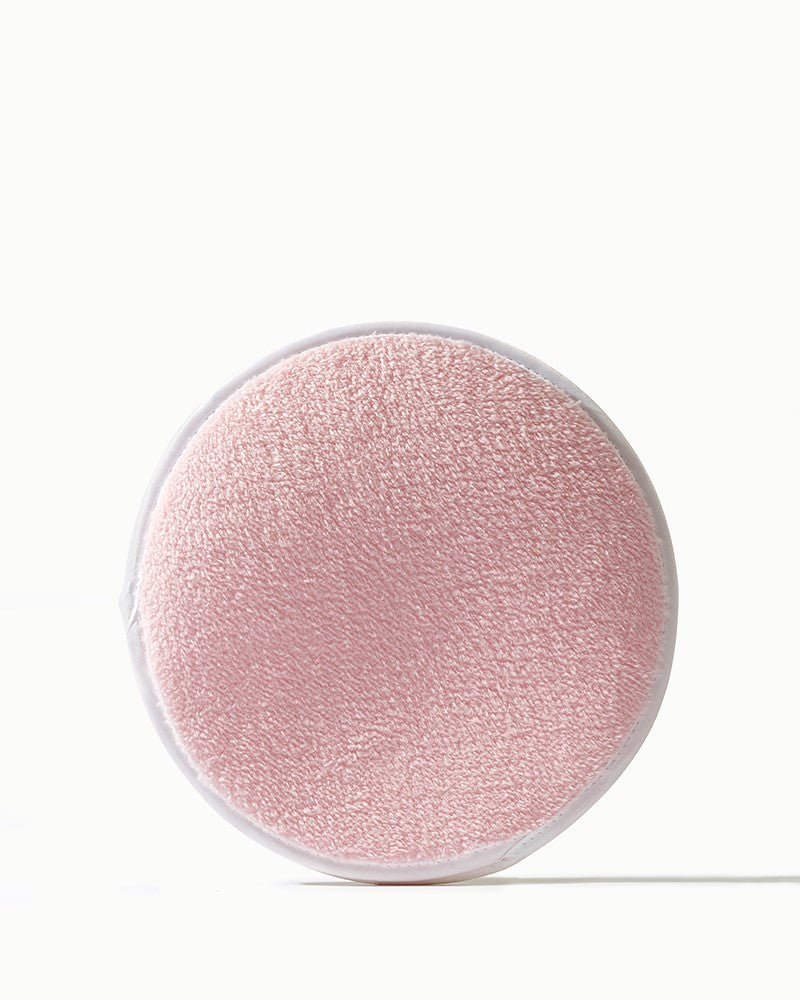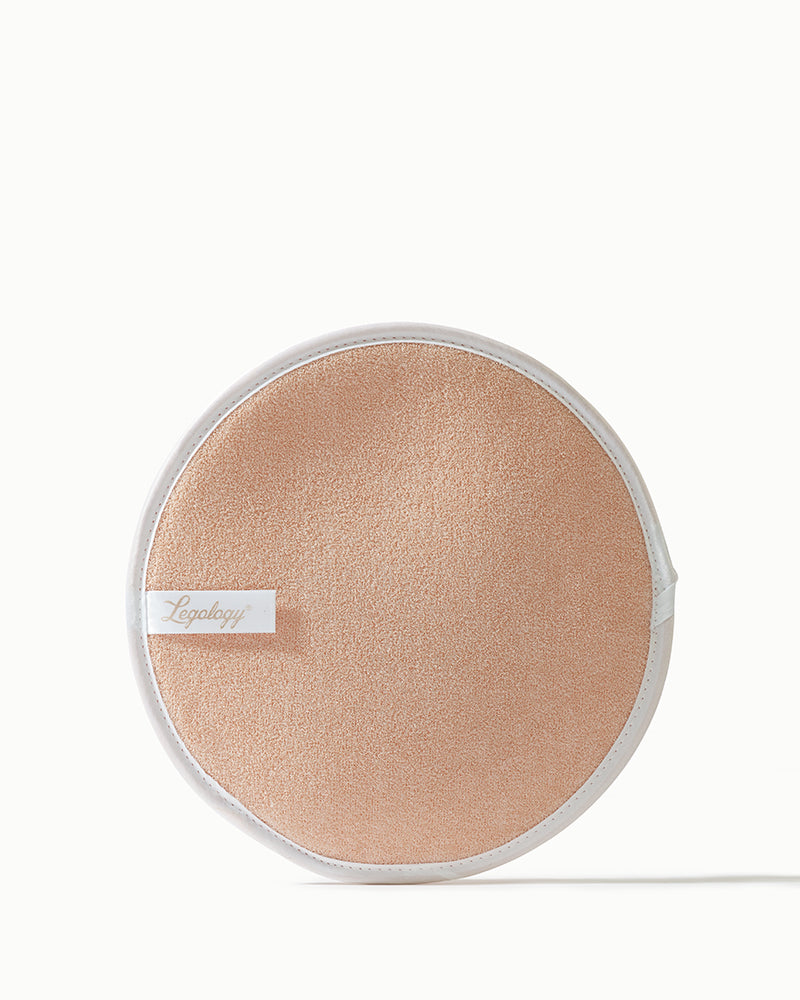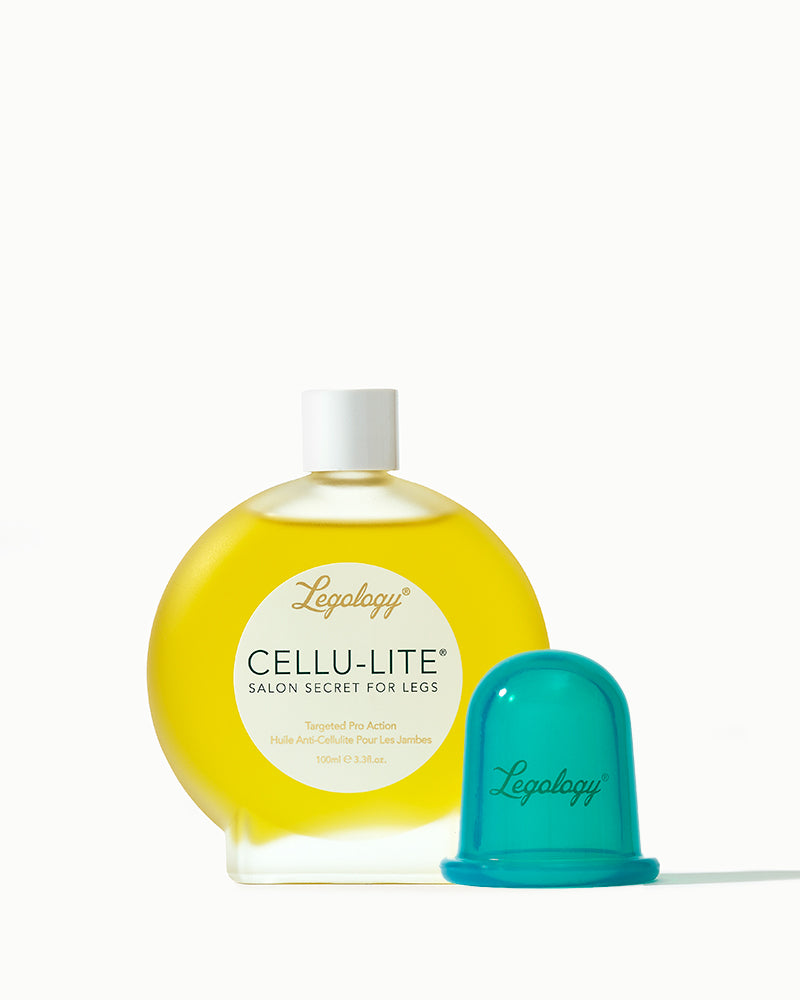Helpful Herbs To Cleanse Your Lymph

Shifting the toxic matter that accumulates in your body is key to your wellbeing – not just the comfort and shape of your legs. The human body consists of many organs and glands designed to excrete toxins from the body. This system of organs and glands is called the lymphatic system – unfortunately, not the most efficient of systems and easily overwhelmed.
As we know, the lymphatic system is a part of the circulatory system and a crucial part of the immune system. It consists of glands, lymph nodes, the spleen, the thymus gland, and the tonsils. So what foods will help cleanse your lymph? Anti-inflammatory foods that won’t put your body into attack mode and result in fewer immune cells to flush away in lymph. These include leafy greens (like kale, collards), healthy fats (in nuts, seeds, olive oil), wild caught salmon (for omega-3’s), high-fibre foods that add the bulk that keeps waste products and toxins bound and flowing in lymph as well as in the large intestines. No surprise: leafy greens are winners here too, lower-sugar (especially low-to-no fructose) foods keep inflammation (which leads to swelling) in check.
Avocados and berries are two fruits that won’t disappoint your lymph
Avoid the high fructose corn syrup (HFCS) found in pretty much all processed food; eat plenty of foods containing medium chain triglycerides (MCTs) – so coconut oil, palm kernel oil and dairy products – which bypass the lymph because they’re small enough and don’t need bile for transport.
For extra support, here are seven powerful natural fixes – prime lymph movers – to complement your body’s own natural lymph detoxification:
1. Turkey Rhubarb
Used in Ancient China for thousands of years primarily as a laxative, extensive scientific research in the last fifteen years reveals that turkey rhubarb has amazing properties including antioxidant, anti-inflammatory, anti-microbial, anti-fungal, anti-virus, anti-cancer and immune-enhancing. At the heart of this herb’s powers are chemicals called anthraquinones usually associated with bright-coloured textile dyes, but also incredibly rich in antioxidants. English rhubarb is a little milder than Turkish, but still has excellent health benefits.
2. Sheep Sorrel
Is it a herb? Is it a leafy green? It’s actually both, depending which characteristic you’re talking about. Without a doubt, the broad, fresh leaves add tangy tartness to soups, sauces, and stews making sorrel a prized culinary ingredient in many world cultures. When dried and added to teas or taken as a supplement, the tannins in sheep sorrel also do their magic. Tannins are chemicals that have many lymph-supporting characteristics including anti-inflammatory, anti-viral, anti-bacterial and antioxidant. The astringent property of tannins to dry up liquids also makes sheep sorrel perfect for treating a large number of lymph-related issues like sinus and fungal infections.
3. Burdock Root
If you’re into root veggies like carrots or turnips, you’ll love burdock root. A staple of many Asian kitchens for thousands of years, burdock root is also chock-full of medicinal qualities especially ones for lymph detox. It’s a great detoxifier that, as a diuretic, flushes toxins out of your body. Besides being a superb antioxidant and anti-bacterial, burdock root traditionally has been known to offer therapeutic benefits for high blood pressure, gout, hepatitis and other liver diseases, cancer and diabetes.
4. Astragalus Root
Used medicinally in Ancient China for thousands of years, astragalus is another great lymph detox booster. Although the Chinese may not have known about all the complexities of the lymphatic system, they definitely knew astragalus would remedy lymphatic drainage issues when they used it as an expectorant (to facilitate mucus and phlegm elimination) and as a diuretic (to flush out lymph buildup through the kidneys). Astragalus is also used to help upper respiratory infections, both of which may signal lymph drainage problems. As an added plus, this root contains saponins which play an essential role in its expectorant function and are also known to be anti-inflammatory, anti-fungal, anti-parasitic, protective of blood vessels and cholesterol-lowering.
5. Slippery Elm Bark
Slippery elm bark hails from a native North American tree, the slippery (or red) elm. The inner bark contains astringent and anti-fungal tannins like sheep sorrel and it helps with lymph detox in many of the same ways. People with respiratory issues such as sinusitis or lung congestion may especially benefit.
6. Graviola
Also known as soursop or pawpaw, among many other names, the tropical rainforest tree graviola is a staple in the go-to natural medicine chest in many cultures including those in Africa, Southeast Asia, and South America. It has held its star position for thousands of years because it reliably and safely performs in so many health-promoting ways. Graviola is anti-parasitic, anti-malarial, astringent, anti-inflammatory, anti-microbial, pain-killing and antioxidant, and all of the tree – leaves, fruit, bark, roots, and seeds – are used for one or more of these reasons.
7. Chuchuhuasi
The large chuchuhuasi canopy tree comes from the deepest recesses of the South American Amazon basin. Indigenous people have depended on the therapeutic qualities of this tree’s bark, including antioxidant, anti-microbial and anti-tumor properties, for thousands of years.
